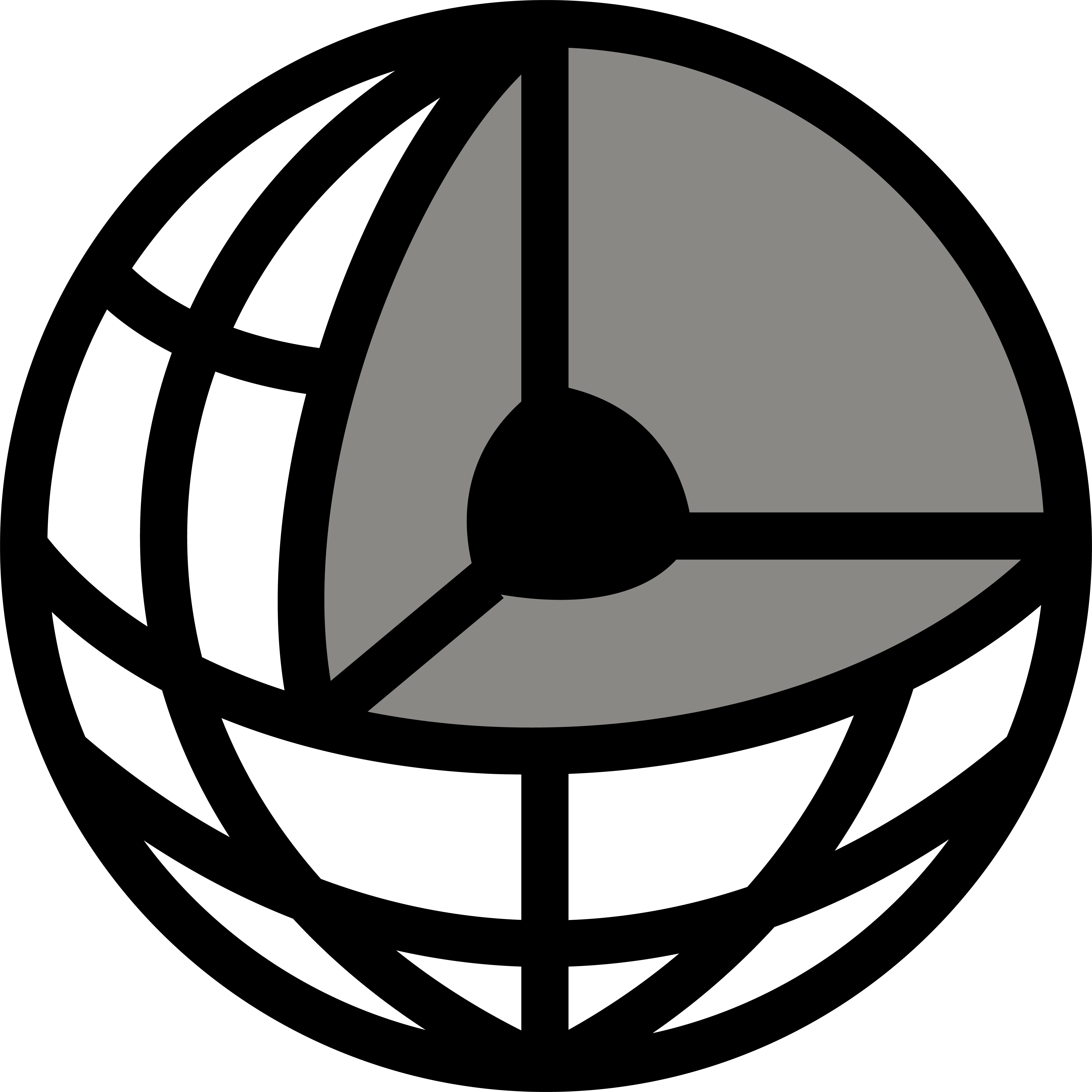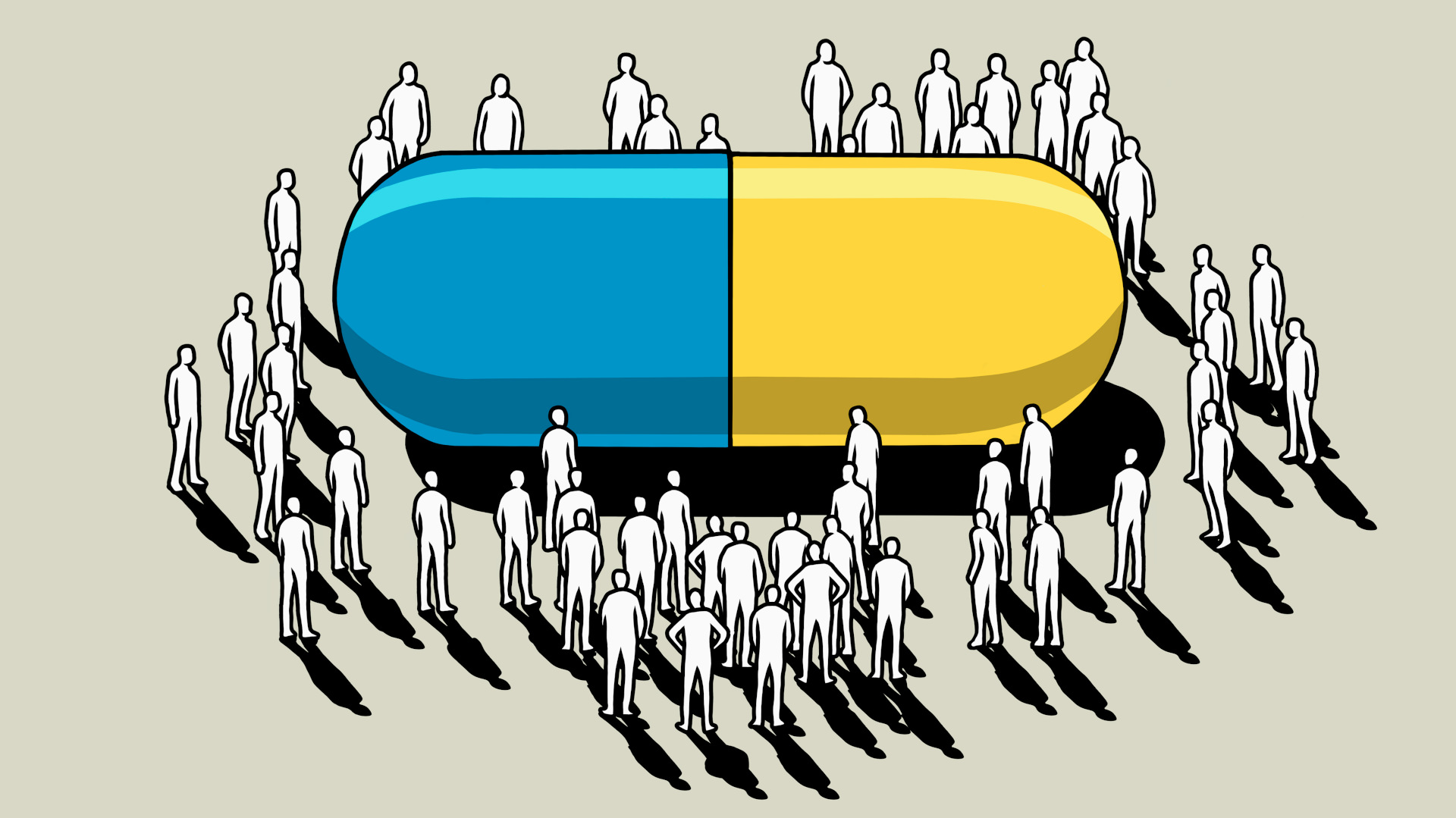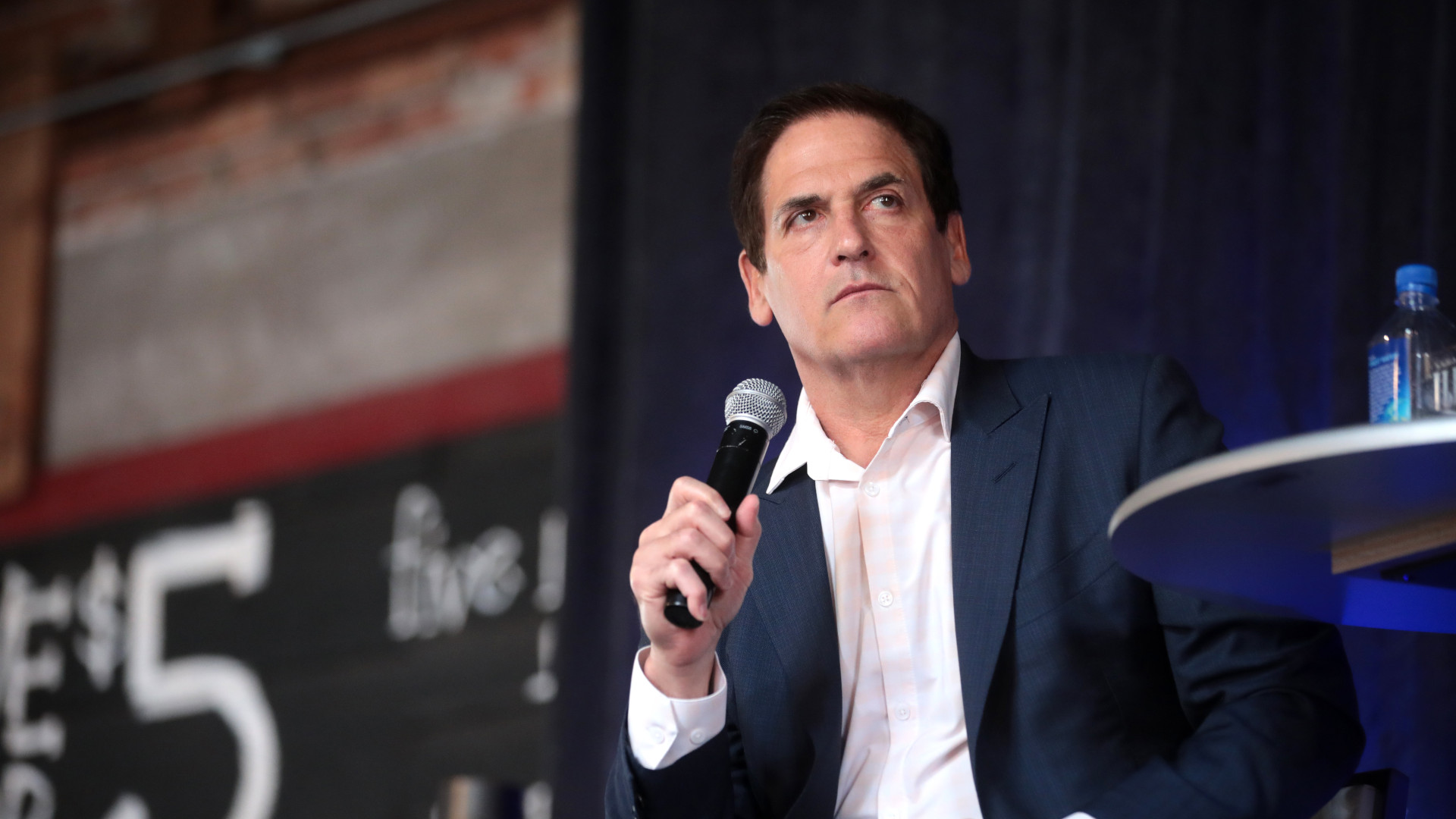Earlier this year, a British report reproached the pharmaceutical giant Pfizer for promoting an unlicensed medicine, namely the Covid-19 vaccine, and thereby bringing discredit upon the drug industry. The reprimand didn’t come from pharma critics or a government agency. Rather it emanated from an industry trade group’s independent self-regulating panel: the Prescription Medicines Code of Practice Authority, which serves as an internal watchdog, ruling on what it views as pharmaceutical companies’ untoward behavior.

The case in question involved a November 2020 post on Twitter, now known as X, in which a U.S.-based Pfizer employee shared a seemingly benign message: “Our vaccine candidate is 95% effective in preventing COVID-19, and 94% effective in people over 65 years old. We will file all of our data with health authorities within days. Thank you to every volunteer in our trial, and to all who are tirelessly fighting this pandemic.”
The post was subsequently liked and retweeted by Pfizer employees in the U.K., bringing it under the purview of the industry’s watchdog. The PMCPA would ultimately determine that the British employees had communicated about a then-unlicensed vaccine to the public in an unethical manner. Pfizer must consider their “language, context, location, layout, intended audience and overall impression,” wrote the regulatory watchdog, which also questioned whether social media was the appropriate forum to share such information.
According to The Telegraph, a spokesperson for Pfizer U.K. said that the firm “fully recognizes and accepts the issues” described in the report and expressed the company’s remorse.
This incident may sound odd to those who live in the U.S., where the Food and Drug Administration assumes primary responsibility as a regulator of the promotion of pharmaceutical products. (Civil and even criminal courts may also get involved when cases are litigated.) Moreover, though drug companies may not promote or advertise off-label uses in the U.S., they do have some leeway to “communicate” about them, a distinction that even regulators may find difficult to parse.
In contrast, in most European countries, the regulation of prescription drug marketing practices relies to a great extent on industry self-disciplining. According to a press release from the University of Bath, trade groups “set and police the rules” of what they deem is “appropriate conduct.” The U.K.’s Code of Practice is among the best-known rule manuals. And violation of Clause 2 — engaging in activities that “bring discredit upon, or reduce confidence in, the pharmaceutical industry” — is the one often invoked when the panel finds a breach of code. Such breaches are often brought to the attention of the PMCPA by company outsiders.
While the financial consequences for violations of the Code of Practice don’t appear to be especially harsh, self-regulation by the industry aims explicitly to increase public trust and counter negative public perceptions. Roughly half of Britons (53 percent) responding to a 2024 YouGov survey think that companies in the pharmaceutical industry are at least somewhat trustworthy. Among 12 industries surveyed, pharmaceuticals are the third-most-trusted industry. Perhaps not a ringing endorsement, but still significantly higher than in the U.S., where Gallup found that just 18 percent of Americans had a positive view of the pharmaceutical industry last year. And in 2019, a separate Gallup survey found the pharmaceutical industry was the most poorly regarded in America, ranking last on a list of 25 industries.
Of course, multiple factors likely contribute to the discrepancy. Prescription drugs are more costly in the U.S., and direct-to-consumer advertising of prescription drugs is legal here, unlike in the U.K., though many Americans object to it. Still, self-regulation of marketing practices — monitoring of adherence to legal and ethical standards — by the industry could be contributing as well.
Pfizer wasn’t the only company reprimanded for promoting an unlicensed Covid-19 vaccine in the U.K. The British-Swedish drug maker AstraZeneca was also chided for similar pandemic-era behavior.
Looking beyond social media, the PMCPA recently cited Swiss company Novartis for misleading promotional efforts related to a heart failure drug. In 2020, Novartis hosted an online meeting to discuss heart failure, and the company’s drug, Entresto, was brought up. The problem? Novartis classified the meeting as non-promotional when the way the drug was discussed appeared to be promotional.
In most European countries, the regulation of prescription drug marketing practices relies to a great extent on industry self-disciplining.
In a separate case, the panel raised concerns about Novartis’ website, which promoted the company’s drug for multiple sclerosis. The webpage with information on prescribing the drug stated that it could be taken by patients with a history of myocardial infarction and heart failure. The webpage did not note, however, that the medication should not be taken by such patients if their cardiovascular events occurred in the previous six months. Novartis did include this information on a separate webpage, but in the panel’s view this was insufficient to negate the “misleading impression.” (Novartis did not appeal.)
In March 2023, the PMCPA made a perhaps even more serious determination about the behavior of the Danish manufacturer Novo Nordisk: The company had committed “serious breaches” of the Code of Practice, involving unethical marketing of its weight-loss drug Saxenda. Novo Nordisk had sponsored courses for medical professionals on the drug without revealing the full extent of the company’s own involvement in those courses. For this, Novo Nordisk was suspended from the panel’s trade group, the Association of the British Pharmaceutical Industry. A review published in The BMJ went on to highlight how the company carried out a large-scale promotional campaign, downplaying the drug’s side effects.
In an interview with the Financial Times, Novo Nordisk’s CEO apologized for not disclosing sponsorship of the weight management training. A separate statement provided to the publication MM+M said that “while we are disappointed with this outcome, we accept the decision.” The statement noted the company is committed to following the Code of Practice and maintaining high ethical standards. But then in July, Novo Nordisk was publicly rebuked again over millions of undisclosed dollars paid to health care groups. A spokesperson for the company told the Times that these payments were for legitimate activities but were incorrectly categorized in an accounting error.
In 2019, a Gallup survey found the pharmaceutical industry was the most poorly regarded in America, ranking last on a list of 25 industries.
Pharmaceutical companies found to be in violation of the Code of Practice must contribute to the costs of investigating and processing the cases against them. The fees are typically anywhere from $6,660 to $18,640. In more serious cases, the PMCPA can publicly reprimand a company or require it to issue a corrective statement. The most severe sanction is temporary suspension or permanent expulsion from the industry trade group.
The Pharmaceutical Research and Manufacturers of America, a U.S.-based trade group that represents companies in the drug industry, also has codes of conduct covering a wide range of issues, from sharing “truthful and non-misleading information” with relevant stakeholders to interacting with medical professionals. But it does not have a self-regulatory entity like the British industry panel.
Relying merely on self-regulation to oversee legal and ethical standards does face limitations. The U.K.’s system of self-regulation is viewed by some experts as inadequate on its own. Instead, these critics believe that government regulation is needed in certain instances to ensure compliance with the law. But self-regulation offers an additional way to hold companies accountable for unethical practices, which may, in turn, demonstrate the industry’s commitment to setting and upholding standards with a view to earning the public’s trust.











